Humans have evolved behaviours to deal with sudden physical threats, such as predators. These are triggered automatically without conscious thought, to quickly prepare the body for running away or standing and fighting.
But modern life is mostly free of marauding bears and this threat response can be accidentally triggered by emotional stress instead. A panic attack is like the smoke alarm going off when you burn the toast, even though the house isn’t on fire.
1. Eyes
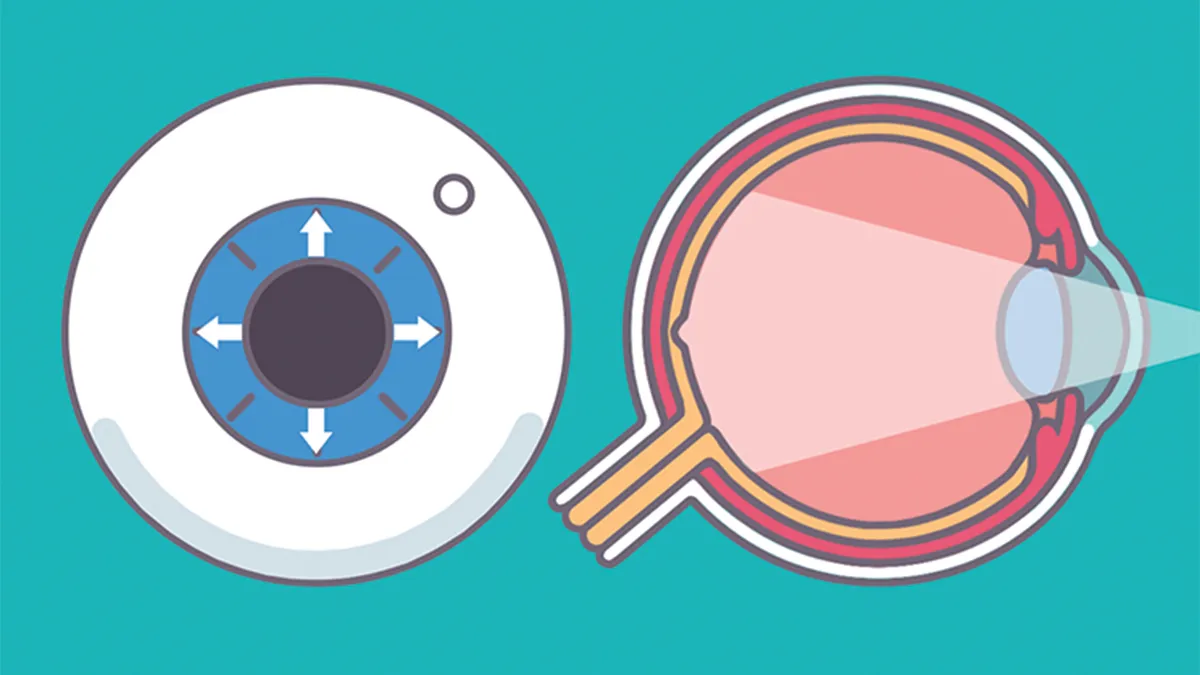
Pupils open wider to increase the light reaching the retina. This boosts vision in low light and improves the ‘frame rate’ for rapidly moving objects.
2. Brain
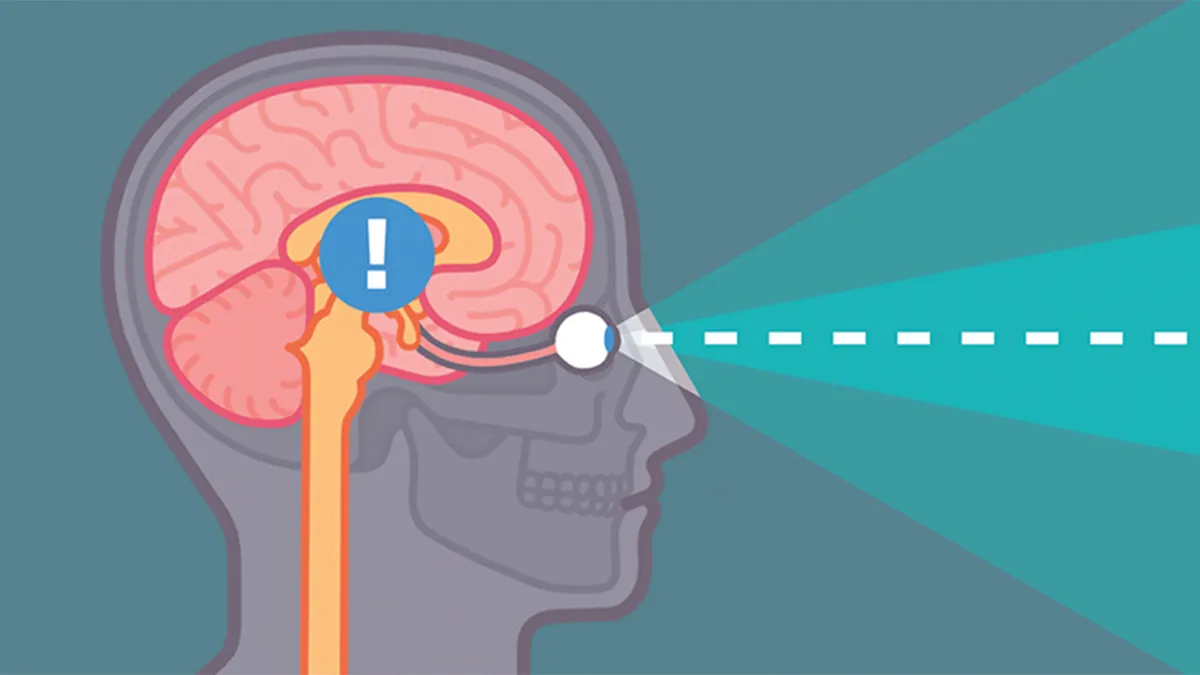
Attention narrows to focus exclusively on the perceived source of the threat. If there is no physical danger, this can feel like tunnel vision.
3. Heart
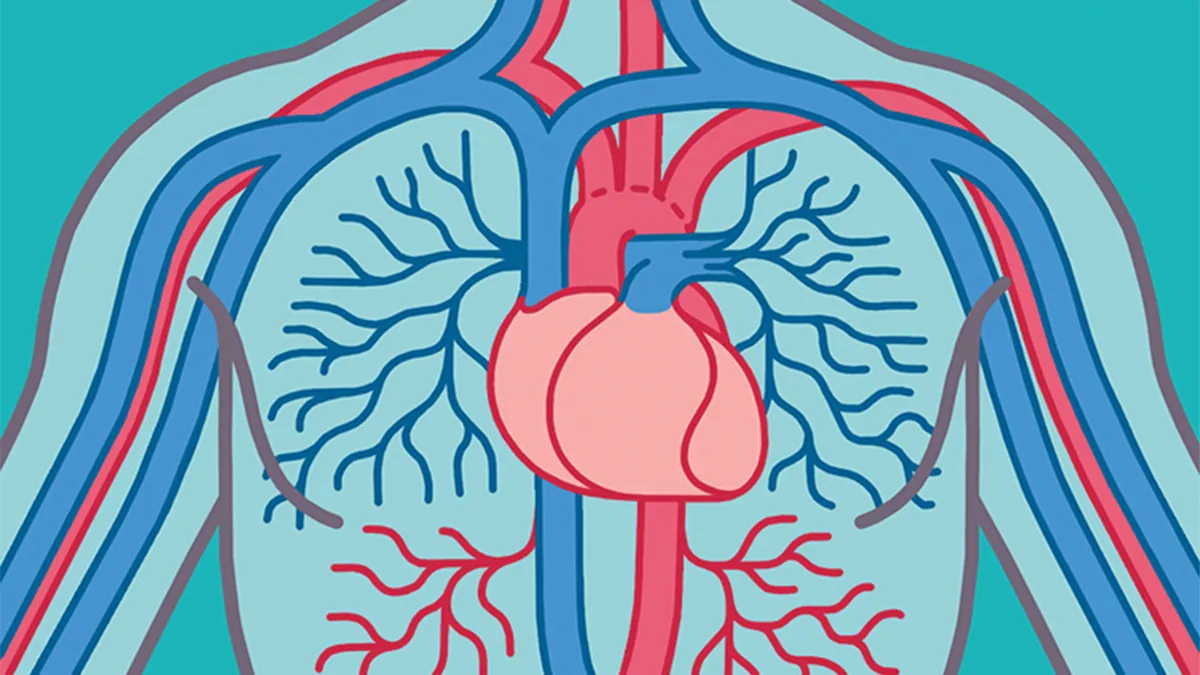
Pulse rate rises. Your chest feels like it is thumping and you hear the sudden swooshing in your ears as your blood flow increases.
4. Stomach
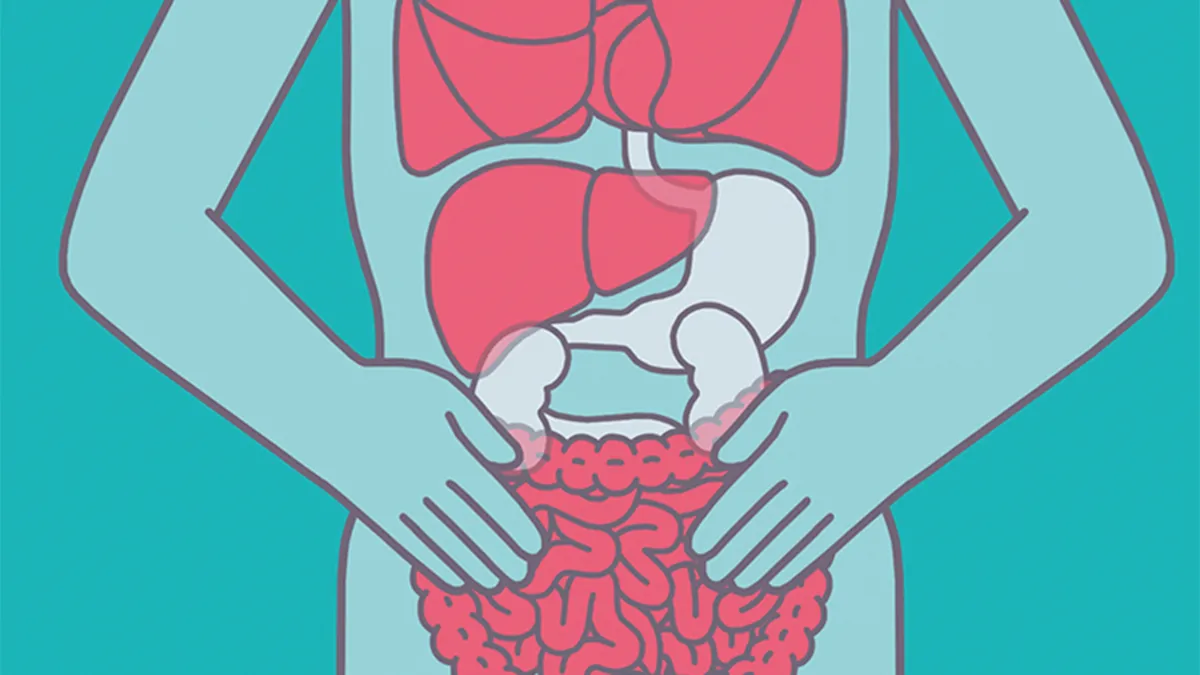
Blood is diverted away from your stomach and kidneys, because these are less important in a crisis. This can make you feel sick.
5. Legs
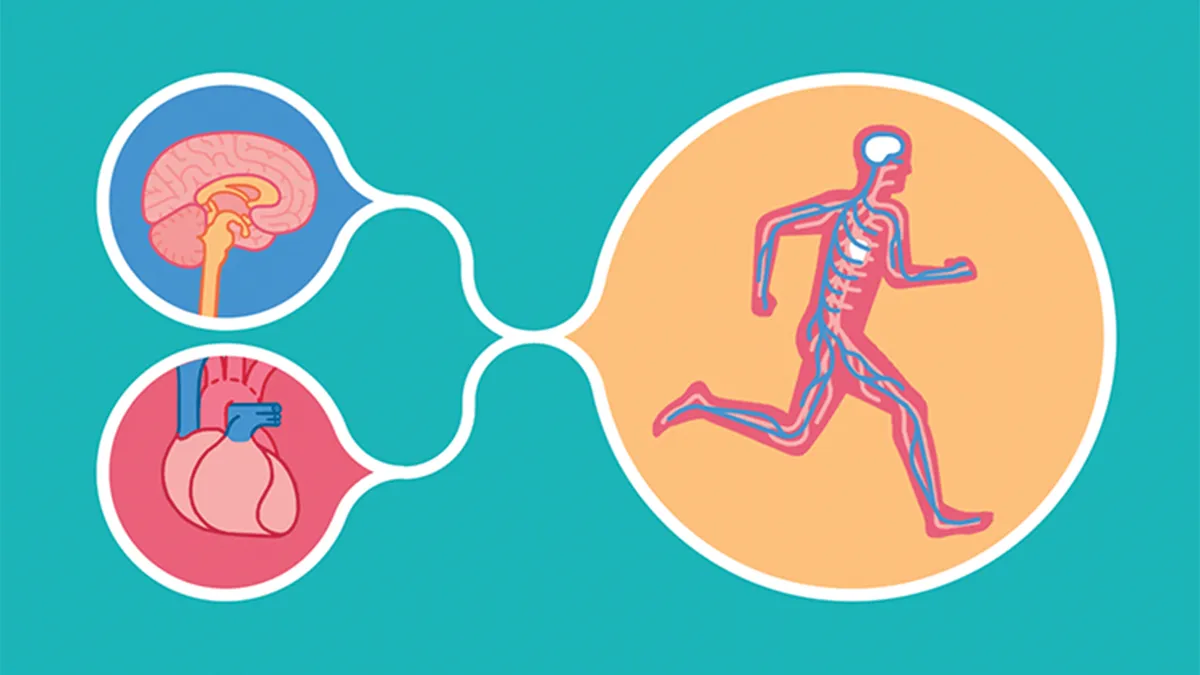
Your circulation and nervous system are getting your legs ready to run. If you have nothing to flee, the muscles will begin trembling uncontrollably.
6. Skin

You sweat because your body is preparing to shed the excess heat from sudden exercise. Hair stands on end to make you seem larger to predators.
Subscribe to BBC Focus magazine for fascinating new Q&As every month and follow @sciencefocusQA on Twitter for your daily dose of fun science facts.
